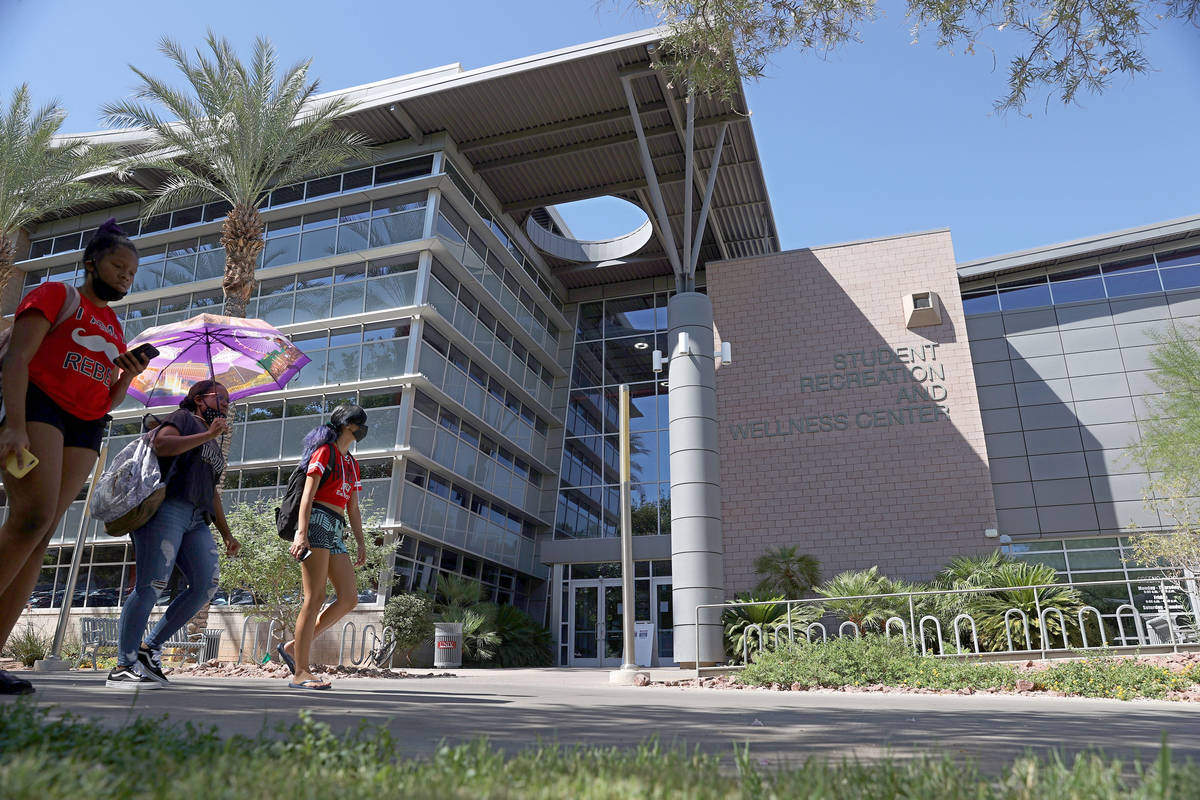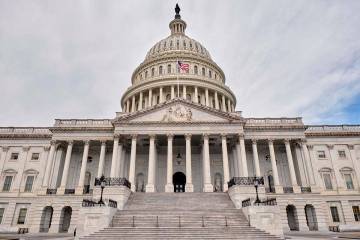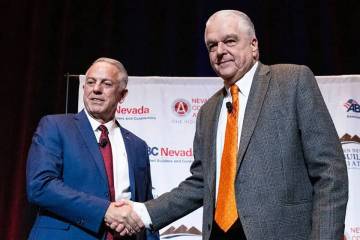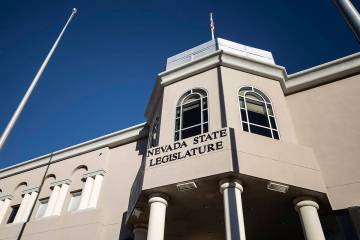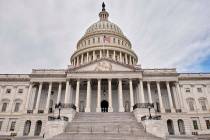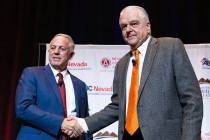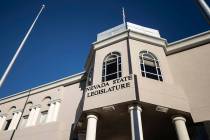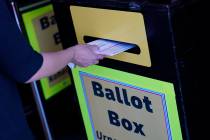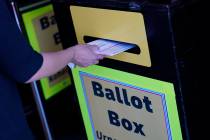REVIEW-JOURNAL ENDORSEMENT: Question 1
Question 1 removes the Board of Regents from the state constitution, but doesn’t mandate any immediate changes. It is possible the Legislature could eventually revamp the board, potentially replacing elected regents with appointed ones.
The placement of the regents in the state constitution is unique. For instance, while Nevada’s constitution calls for school districts, the Legislature determines the details. This special status has led some to accuse the higher education system of viewing itself as a “fourth branch of government.”
In 1947, the Legislature attempted to circumvent the Board of Regents. Instead of changing the constitution, it created an advisory committee to the regents. The Nevada Supreme Court found that law unconstitutional. “It was the intention of the framers of the constitution to vest exclusive executive and administrative control of the university in a board of regents to be elected by the people,” its 1948 King v. Board of Regents opinion stated.
The regents have used that ruling to contend that “the unique constitutional status of the board gives it virtual autonomy and thus immunity from the state non-discrimination policy established by our Legislature,” observed a Nevada Supreme Court summation of the system’s argument in a 1981 court case.
Nevada’s constitution doesn’t include a fourth branch of government, which is why the Nevada Supreme Court rebuked the regents in later cases. As an executive agency, the Board of Regents is subject to legislative mandates.
Over the decades, the board hasn’t done itself any favors by asserting that it has more power than it actually has while attempting to escape legislative accountability. There’s no reason this panel should be given the protections of a “fourth branch of government.”
The existing system gives the regents too much leeway to claim special constitutional privileges. We urge a yes vote on Question 1.



